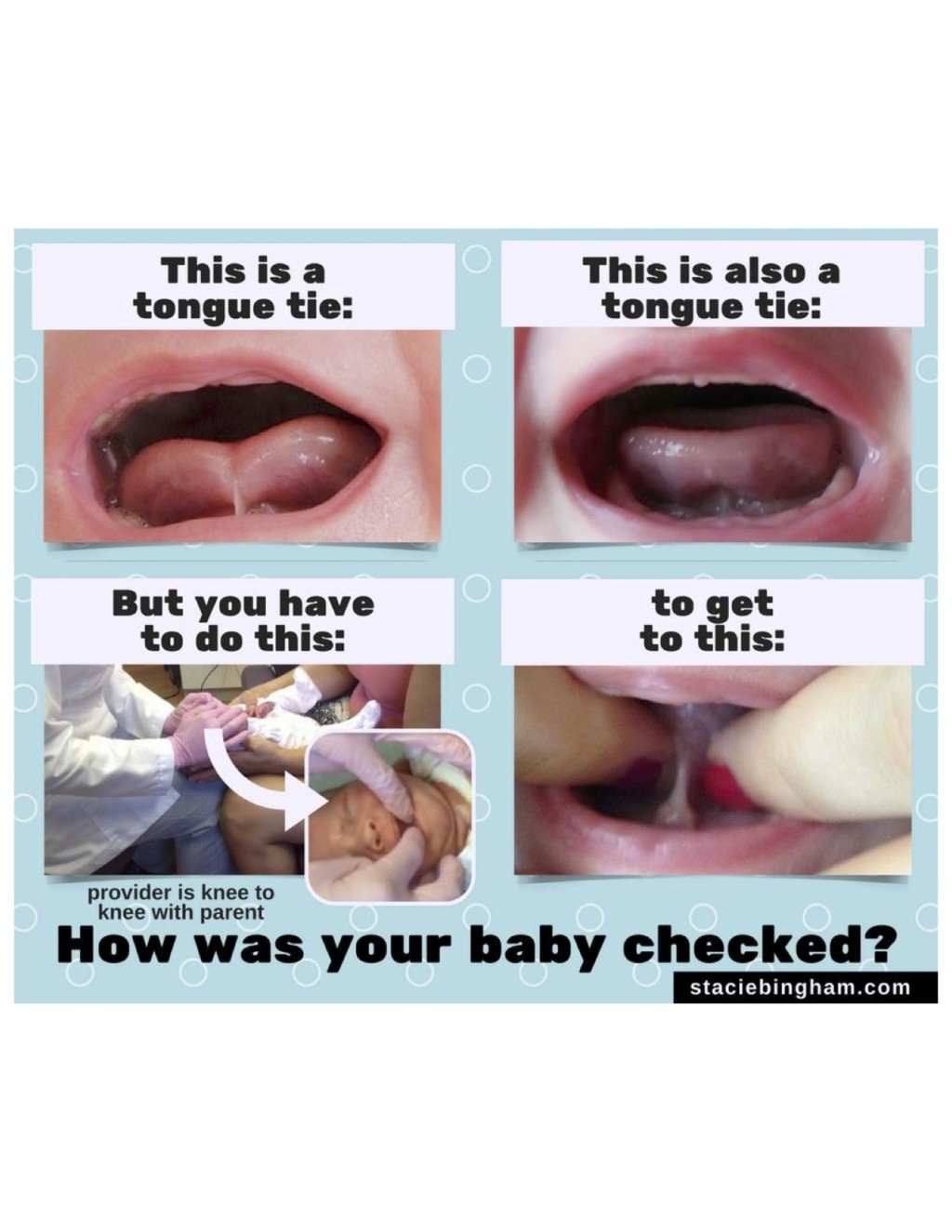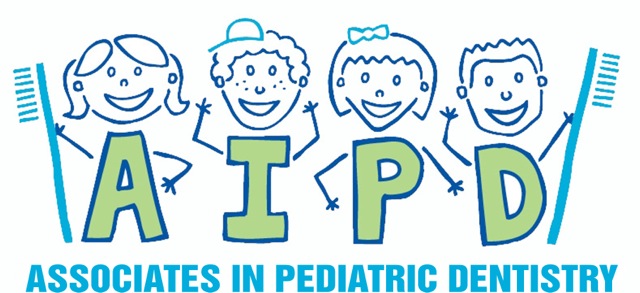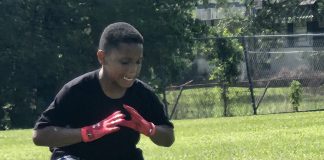Disclosure :: This post is sponsored by Associates in Pediatric Dentistry (AIPD).
Lip and Tongue Ties :: A Mom’s Guide To These Functional Issues
 With the increasing number of new mothers breastfeeding, the issues of tongue ties and lip ties have become more prevalent in the community. As we learn more about the benefits of breastfeeding and breast milk, more health entities are advocating for breastfeeding. Since the primary mechanical success of breastfeeding is posterior tongue elevation, which is not as significant in bottle feeding, it is creating greater awareness of breastfeeding difficulties in babies that are tongue tied.
With the increasing number of new mothers breastfeeding, the issues of tongue ties and lip ties have become more prevalent in the community. As we learn more about the benefits of breastfeeding and breast milk, more health entities are advocating for breastfeeding. Since the primary mechanical success of breastfeeding is posterior tongue elevation, which is not as significant in bottle feeding, it is creating greater awareness of breastfeeding difficulties in babies that are tongue tied.
What is a Lip Tie and/or Tongue Tie?
The soft tissues that connect the upper lip to the gums and the tongue to the floor of the mouth are called frenula. When one or both of these tissues restrict the natural function of the lip or tongue, this condition is known as lip tie and/or tongue tie (LT/TT). The frenula can present in several different ways, thin and tight, thick and short, but the end result is the same—loss of function related to a tissue tether.
Who treats and identifies Lip and Tongue Ties?
There are a number of different health professionals involved in the care of LT/TTs. These include but are not limited to, pediatricians, dentists, ENTs, speech and language therapists, lactation consultants, physical therapists, occupational therapists, myofunctional therapists and craniosacral therapists. The message is there needs to be collaboration

Who is affected by Lip and Tongue Ties?
LT/TT are suggested to be part of a genetic predisposition with a 4:1 ratio of males being more commonly affected than females. Babies begin learning to suck in utero, so tongue tied (TTd) babies begin to compensate early on. This inevitably causes problems once born and, if left untreated, can continue well into adulthood. These symptoms are not merely pieces to be picked apart, but are part of a total picture. Just because your baby is gaining weight doesn’t necessarily mean LT/TT should be rejected as the culprit for breastfeeding difficulties. LT/TT are often the last complications an infant is evaluated for.
What are the possible consequences of untreated Lip and Tongue Ties?
INFANTS/MOTHERS
- Impacts milk supply
- Painful latch/inability to latch
- Failure to thrive
- Sleep deprivation
- Nipple damage, bleeding, blanching
- Mastitis, nipple thrush, blocked ducts
- Difficulty sucking a bottle or pacifier
- Reflux, colic, gas, bloating
- Termination of breastfeeding
- Difficulty introducing solids
- Poor bonding between dyad
- Depression, sense of failure
CHILDREN
- Difficulty chewing age appropriate foods; gagging, choking, vomiting
- Persistent food fads
- Difficulties with dental hygiene and increased dental problems
- Persistence of dribbling and drooling
- Delayed development of speech and/or deterioration in speech
- Behavior problems
- Sleep disordered breathing
- Loss of self confidence because they feel and sound “different”
- Acquiring strong incorrect habits of compensation
ADULTS
- Inability to open mouth widely
- Difficulty talking even after moderate amounts of alcohol
- Clicking/pain in jaw
- Migraines/tension headaches
- Negative effects in work, social situations, dining out and relationships
- Poor dental health, inflamed gums, increased need for dental restorations
- Esthetic concerns
- Emotional factors resulting in rising levels of stress, anxiety and depression
- Sleep disordered breathing
ORAL HYGIENE, DENTAL HEALTH, GROWTH AND DEVELOPMENT
- Poor swallowing, risk of anterior open bite
- Mouth breathing, propensity to allergies
- Open mouthed posture associated with an imbalance in skeletal structure
- Restricted dental arch and facial development
- Recurrent orthodontic issues
What is the first step if you have a newborn and are experiencing difficulty in breastfeeding?
If you and/or your baby are experiencing difficulty in breastfeeding, seek help from an International Board Certified Lactation Consultant (IBCLC). Following this evaluation, a referral to one of the other professionals may be made based upon findings to determine if there is a LT or TT. When a consensus has been reached by the team confirming loss of function based upon a tissue tether, then a frenectomy may be the treatment of choice recommended for your baby. However, it is not simply a laser or snip the tissue and send the patient on their way to figure out how to use the freely released tissues. Whether the issue is breast-feeding, speech, feeding/swallowing, oral motor function, or sleep breathing related, follow-up care with the appropriate IBCLC, therapist, body worker and/or doctor is critical to the success of the revision. Stretching, exercising and strengthening these freely released muscles is crucial for appropriate healing, prevention of reattachment, and improving function and range of motion.
How can Associates in Pediatric Dentistry assist you in your issues with Lip and Tongue Ties?
In April 2016, all 4 of Associates in Pediatric Dentistry’s (AIPD) board certified pediatric dentists, Dr. Robert Delarosa, Dr. 

Looking to learn more about Associates in Pediatric Dentistry for general dentistry concerns and/or assistance with Lip and Tongue Ties?
Check them out :: Website | Facebook | Instagram
Other Resources
Louisiana Tongue Tie Support Group on Facebook is a valuable resource for support and accurate breastfeeding information for moms. Providers are also welcome to join, learn and be a part of advocating for better access to care.
The Evidence Supports Treating Tongue Tie for Breastfeeding Problems – Bobby Ghaheri, MD
Tongue and Lip Tie Articles – Larry Kotlow, DDS
The Basics of Tongue and Lip Tie: Related Issues, Assessment and Treatment – Melissa Cole, IBCLC, RLC and Bobby Ghaheri, MD.






















We drove all the way to Atlanta to have my son’s lip tie lasered at 18 months. Very little was out there on this issue. Thanks for bringing some light to it!